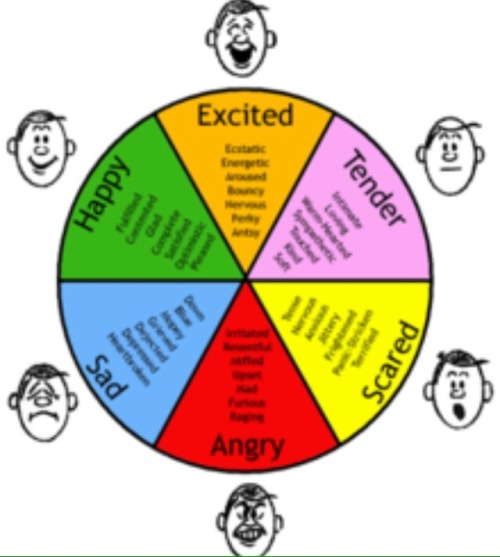We have this massive disease in society.
It’s called being nice.
Most people are too nice in this day and age, they are afraid to hurt feelings and have this thing called a conscience when it comes to hurting other people’s feelings.
But guess what?
You are NOT responsible for the way other people feel.
But YOU ARE only responsible for how YOU feel.
I have made the mistake of being too nice in my past, and here’s why:
I was afraid of how I made people feel.
And,
I was afraid of what people thought of me.
But fuck that,
I realize that what people think of me has everything to do with them and nothing to do with me.
And if I hurt someone’s feelings it’s not because I’m an asshole, it’s because they are a bitch, plain and simple.
I have a no more nice guy approach and I showed it as a captain when I cut underperforming players from my hockey team.
Why?
Because I can’t stand losing.
And I want to win.
This is why I only want great players on my team, if a player is substandard I don’t want them.
My team finished 2-8-1 this season, that’s horrible. But a nice guy would say “great season boys, let’s come back next season.”
But I thought 2-8-1 is HORRIBLE – so I thought, “let’s kick ass in the playoffs but I’m still getting 5 new players.”
I have one friend in my group, his name is Brandon. I have a lot of respect for him and enjoy my talks with him because he’s brutally honest.
He was my former captain and he cut me from his team even though we were great friends.
Why?
Because he didn’t let being “a nice guy” get the better of him and he decided to do what was best for the team.
And I held no grudge for being cut from the team, I took it like a man and wasn’t a bitch about it.
I just decided to try and do better next time.
When you are “NICE” you are a slave to the way other people feel.
It’s better to be criticized for being called a jerk by a bunch of bitches then it is for dealing with the repercussions of being nice.
If I’m in a restaurant and someone fucks up my order – I’m not going to eat shit.
I’m going to send it the fuck back!
Authenticity
In order to step into your authentic self you have to say what you fucking think, regardless of what other people think.
My philosophy is changing,
I want to be more authentic.
And I want to speak my mind more.
Sure I’ll deal with some backlash, but that’s okay.
Some people might not like me as much but it will get me respect.
Brutal honesty is better than being a nice guy.
I believe that being GENUINE is better than being nice.
If I see a hot girl I’ll ask her out.
If someone fucks up my order I’ll send it back.
If someone follows me on Instagram it doesn’t mean I’ll follow them back.
If I have a genuine compliment to pay someone, I’ll say it.
If I have a criticism I’ll speak it.
I don’t care about what other people think, it’s better to be something for someone then to be nobody for everybody.
So ask yourself, what would you do if you didn’t give a fuck what anyone else felt or thought?
And do that!
Until next time,
The man,
Angus Baynham-McColl




